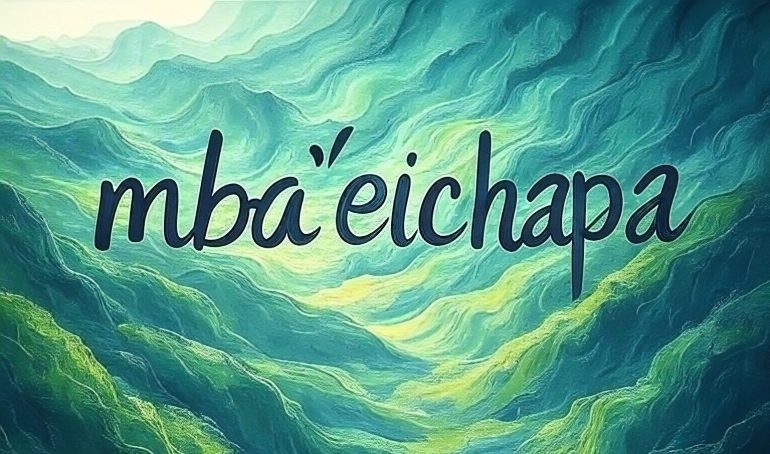In a country where Spanish, Guaraní, and “jopara” coexist, living can be both a challenge and an opportunity for non-speakers. But good news, you are not the only one! Anyone can struggle at first with Guaraní language.
Paraguay is a unique country in South America where bilingualism is not only common but officially recognised. Spanish and Guaraní share national language status, and the result is a fascinating linguistic landscape where many people speak both, often blending them into a hybrid form known as “jopara”.
A strong presence in daily life
This can be both enriching, and challenging for newcomers settling in Paraguay. Guaraní and Jopara Guaraní, an indigenous language with deep historical and cultural roots, is spoken by a significant majority of people living in the country. It has maintained a strong presence in daily life, education and national identity.
For non-speakers, this can be surprising since they might expect to interact solely in Spanish, but soon find out that understanding Guaraní – or at least “jopara” – can be essential for integrating into Paraguayan society.
Encountering Guaraní language and “jopara”
Jopara is a blend of Spanish and Guaraní, used widely in informal contexts, such as family conversations, social media, the workplace, and even political discourse. It reflects the natural bilingualism of many Paraguayans and serves as a bridge between two linguistic worlds.
You can encounter Jopara in situations where locals feel most comfortable, such as buses, marketplaces, casual interactions and as previously mentioned, social media. Newcomers may struggle at first.
Even for people from countries closer to Paraguay, the initial adjustment to Paraguayan Spanish can be disorienting. While the grammar remains mostly the same, the influence of Guaraní is present in pronunciation, vocabulary and sentence structure. Common phrases, idioms, and even the rhythm of speech are shaped by Guaraní logic and expressions. Recently Guaraní language made an impression at the Buenos Aires Book Fair.
“Mba’eichapa”
Non-speakers often note the use of words like “mba’eichapa” (how are you?), “che” (me or I), or “nde” (you), which come directly from Guaraní and are used freely in daily conversation.
For non-Spanish-speakers, the challenge is even greater. Learning Spanish is already a major step, but the additional presence of Guaraní provides unique insight into Paraguayan culture, values, and worldview. Others may feel excluded in environments where conversations shift rapidly between Spanish and Guaraní, making social interactions harder.
Despite the difficulties, many newcomers express admiration for Paraguay’s bilingual culture. They appreciate the country’s respect for indigenous heritage and the way Guaraní creates a sense of national identity. Some even begin using common Guaraní phrases themselves, especially when they realise it earns them respect and strengthens relationships with locals.
Where and how to learn?
But, where can I learn? The first resource that comes to mind is Duolingo. Yes, you can start practicing Guaraní language with the Duolingo app before your arrival, or use it as a lifesaver once in Paraguay.
“Maitei” (Greetings) is an online platform developed by the National University of Itapúa, and once you are registered, you can start practicing Guaraní at your own pace. You can also download the app “Guaraní Ayvu”: a Guaraní, Spanish and English translation app which helps foreigners understand and learn Guaraní and Jopara through English.
IDIPAR is a language school that has been helping people to learn Spanish and Guaraní since 1982 in Asuncion, and offers group and one-to-one lessons. It also offers housing, both in Asuncion and Caacupé, transportation from Silvio Pettirossi airport and city tours.
A challenge, and an opportunity
In conclusion, the linguistic reality in Paraguay – where Spanish, Guaraní, and jopara coexist – can be both a challenge, and an opportunity for newcomers. It requires adaptation and an open mind, but it also offers a deeper connection to the heart of Paraguayan culture. For many people, embracing this bilingual environment becomes a meaningful part of their journey in their new home.
Gabriela Arca is an experienced English and Spanish teacher with over 20 years of teaching in Paraguay and abroad. She is a dedicated educator and passionate language professional.


